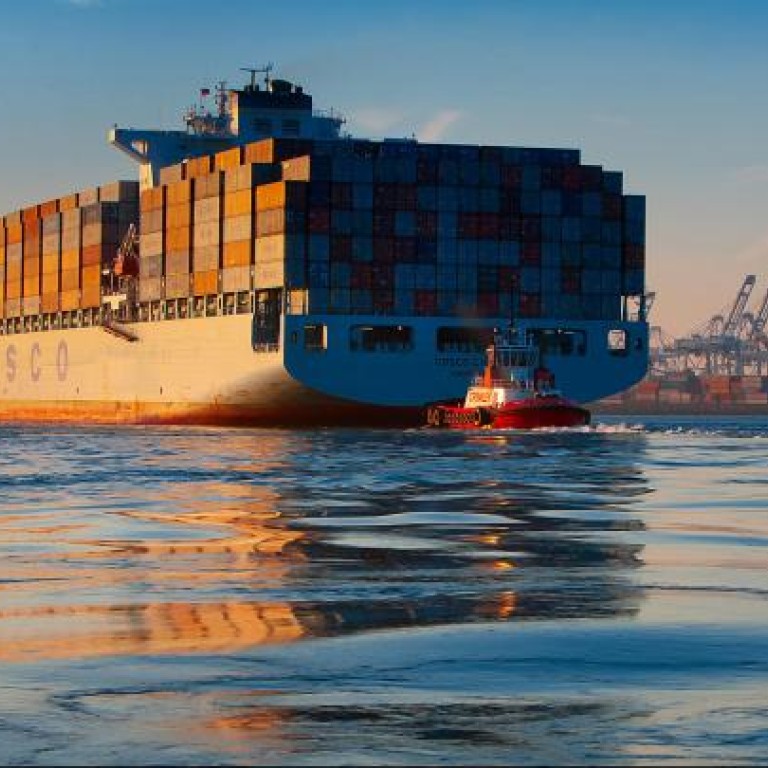
Hurting exporters want fairer way to set rates
Shipping lines have been raising their charges to turn a profit but the cargo shippers want the increases to be based on supply and demand
Wrangles between exporters and shipping lines over soaring freight rates "is a war that has not ended", a senior executive representing cargo owners says.
Sunny Ho Lap-kee, executive director of the Hong Kong Shippers' Council, made the comment yesterday after cargo owners experienced triple rises in freight rates on some routes.
"Shipping lines want to charge more, shippers want to pay less," Ho said, but added that exporters did not want shipping lines to go bankrupt because shippers needed them.
Instead, exporters wanted freight rates "to be determined by supply and demand".
Asked if the continuing increases are unsustainable for exporters, John Lu, chairman of the Asian Shippers' Council, said: "Whether they can afford it or not, they are forced to pay."
Lu, who was re-elected chairman of the council yesterday at its annual meeting in Hong Kong, said rates on Asia-Europe services had risen two or three times "in just a few months".
The Asian Shippers' Council represents nine groups in 16 territories in Asia, including Hong Kong and Macau.
The Shanghai Shipping Exchange said the container freight rate from Shanghai to Rotterdam was about US$500 per teu (20-foot equivalent) in December last year. By comparison, Orient Overseas Container Line has announced rate rises and surcharges totalling US$3,475 per teu on shipments from Asia to Europe this year.
Cosco Container Lines has published similar rate increases and surcharges totalling US$4,080 per teu on the same trade lane. The most recent increase was on November 1, when OOCL raised Asia-Europe rates by US$200 per teu and Cosco by US$550 per teu.
Other container lines including Maersk have announced similar rate increases as carriers try to boost revenues and profitability in difficult trading conditions, although not all the announced rate increases have been successful. Rates on services from Europe-Asia and transpacific routes have also risen in the year.
Lu said the councils tended to represent small and medium-sized exporters and cargo owners which "have no bargaining power". This is unlike big cargo shippers such as Wal-Mart that negotiate contacts with shipping lines where no rate increases are permitted.
"When the lines come together the impact [on our members] is very substantial," Lu said, adding that the rate increases had to be absorbed by exporters and might only be passed on to consumers later.
He repeated the ASC's view that shipping lines were colluding on freight rate increases, but conceded that it "was not easy to find proof they work together".
Lu said that while collusion was illegal in Europe, carriers on the transpacific had antitrust immunity from the US government, while anti-cartel legislation against shipping lines "was totally missing" in Asia.
But he thought the tide could be changing in Australasia after the New Zealand government recently decided to look at interim proposals to remove antitrust immunity for rate setting.
